Valethar
TPF Noob!
- Joined
- May 5, 2008
- Messages
- 101
- Reaction score
- 0
- Location
- Moses Lake, WA
- Can others edit my Photos
- Photos OK to edit
Greetings,
I'm just getting back into film SLR photography, and need some advice on what I should get in the way of basic filters for the lenses.
I know for outdoor shots, I'm definitely going to want a polarizer to help with clarity and reduce reflections, etc. What would you suggest as something for everyday use on the lenses, other than the polarizer?
My main goal is helping to protect the front optics from contact. Mr. Murphy being the sneaky guy that he is, I know he'll eventually reach over, knock the cap off and try to create problems. It's cheaper to replace a filter than it is a lens, so I'd rather the filter take the abuse.
When I started dabbling in photography, back in the 80's, I seem to recall that someone had mentioned skylight filters being a general purpose accessory that would do the job, and not have an overly negative impact on the pictures. Granted, that's advice that's 20 odd years old now, so I thought I'd ask for some opinions before I buy anything.
The rig I have now is:
Canon AE1-P body
Auto Image 28mm 1:2.8 (55mm filter)
Sears 135mm 1:2.8 Macro (52mm filter)
Vivitar 75-205mm 1:3.8 (58mm filter)
Vivitar 2800 flash
Kiron MC7 2x teleconverter
Hoya +4 filter in 55mm
Hoya Star 6 filter in 52mm
I'm not entirely sure what the Hoya +4 does. I'm guessing adds 4mm to the focal length of the lens, but I honestly don't know. It came with one of the other lenses when I bought it. I know the 2x double the focal length of the lens, and will alter how I approach shutter and aperture settings in manual mode.
I'm eventually going to pick up some other lenses for this. I'd like to get the original 50mm, as well as the 70-210 I had years ago before the original rig was stolen. I also plan to take the basic photography courses at the Pierce County Community College here where I live, and then look at taking the other courses as I progress.
Any advice or wisdom you want to impart would be welcome.
I'm just getting back into film SLR photography, and need some advice on what I should get in the way of basic filters for the lenses.
I know for outdoor shots, I'm definitely going to want a polarizer to help with clarity and reduce reflections, etc. What would you suggest as something for everyday use on the lenses, other than the polarizer?
My main goal is helping to protect the front optics from contact. Mr. Murphy being the sneaky guy that he is, I know he'll eventually reach over, knock the cap off and try to create problems. It's cheaper to replace a filter than it is a lens, so I'd rather the filter take the abuse.
When I started dabbling in photography, back in the 80's, I seem to recall that someone had mentioned skylight filters being a general purpose accessory that would do the job, and not have an overly negative impact on the pictures. Granted, that's advice that's 20 odd years old now, so I thought I'd ask for some opinions before I buy anything.
The rig I have now is:
Canon AE1-P body
Auto Image 28mm 1:2.8 (55mm filter)
Sears 135mm 1:2.8 Macro (52mm filter)
Vivitar 75-205mm 1:3.8 (58mm filter)
Vivitar 2800 flash
Kiron MC7 2x teleconverter
Hoya +4 filter in 55mm
Hoya Star 6 filter in 52mm
I'm not entirely sure what the Hoya +4 does. I'm guessing adds 4mm to the focal length of the lens, but I honestly don't know. It came with one of the other lenses when I bought it. I know the 2x double the focal length of the lens, and will alter how I approach shutter and aperture settings in manual mode.
I'm eventually going to pick up some other lenses for this. I'd like to get the original 50mm, as well as the 70-210 I had years ago before the original rig was stolen. I also plan to take the basic photography courses at the Pierce County Community College here where I live, and then look at taking the other courses as I progress.
Any advice or wisdom you want to impart would be welcome.


![[No title]](/data/xfmg/thumbnail/31/31744-f06a1a9bb9c74e3b8b332878f5fe71f1.jpg?1619734986)
![[No title]](/data/xfmg/thumbnail/33/33362-84aacb865117bf8cba89104b89e9b36c.jpg?1619735927)
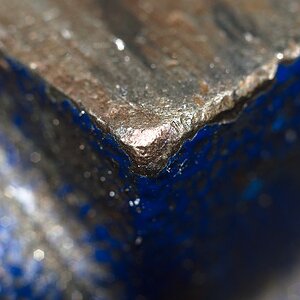
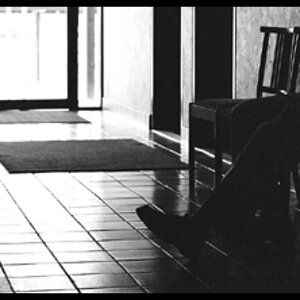
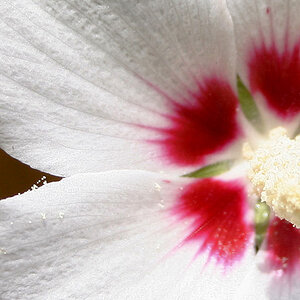
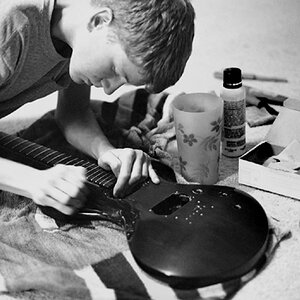
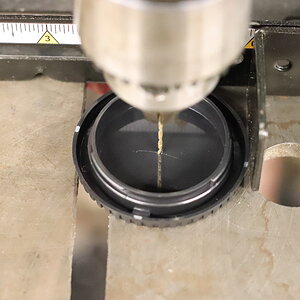
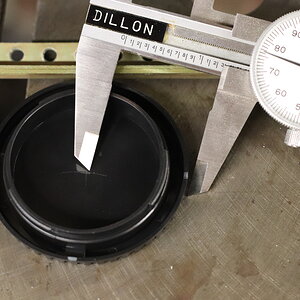
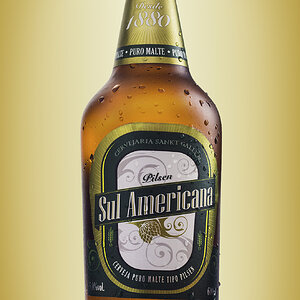
![[No title]](/data/xfmg/thumbnail/33/33360-ff0b69685c94740bde3f53b6d7aa9af1.jpg?1619735924)
![[No title]](/data/xfmg/thumbnail/31/31747-2e2e2bda16938a6a1d5fd6120c558293.jpg?1619734987)
![[No title]](/data/xfmg/thumbnail/33/33359-a5cf76b8e843e82b3831650af6dfa6b3.jpg?1619735923)